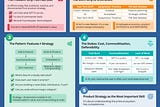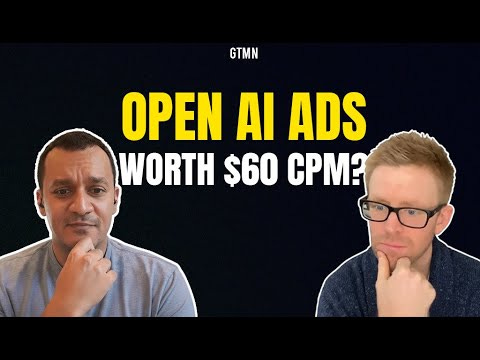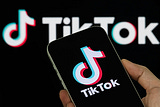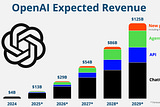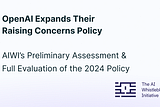It is nearly game over for Altman.
Like the first wisps of smoke drifting away from the Hindenburg, the early warning signs of OpenAI’s imminent and inevitable catastrophic destruction are now undeniable. This is a problem, as unlike the Hindenburg, which carried a cargo of rich elites, OpenAI’s cargo is the US economy. We can all see the smoke. Yet the crew of OpenAI’s airship, its fanatical passengers and the dim-wits charged with looking after its precious cargo have reached mass hysteria levels of delusional denial and are claiming everything is fine and that they are in fact on course to land in paradise. Meanwhile, the rest of us know there is no smoke without fire, and even a tiny spark could detonate this gargantuan bomb right in our face. This is how OpenAI is about to go down like the Hindenburg.
Will Lockett ∙ 158 LIKES ∙ 37 RESTACKS


































